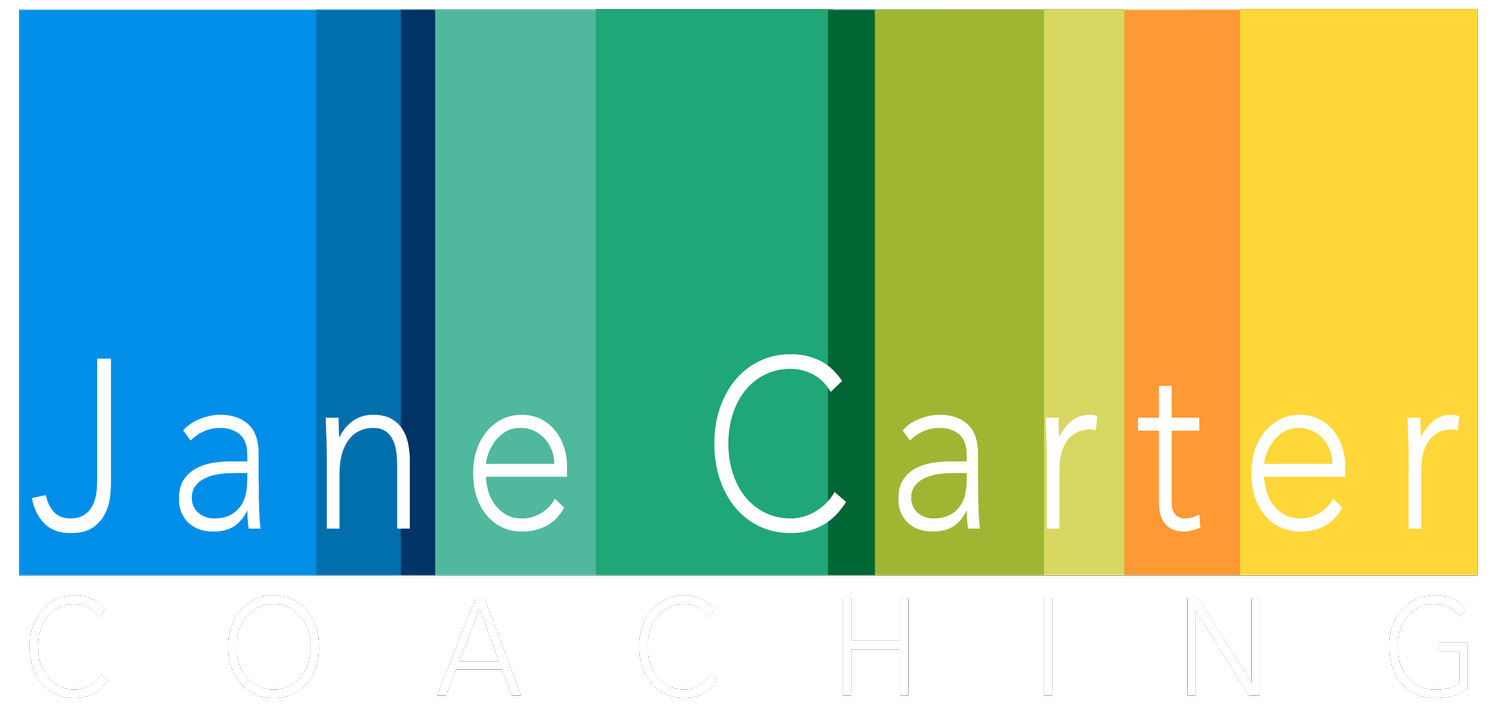"What Do We Want?" -No Idea. "When Do We Want It?" -Now!
“Tell me exactly what you're looking for in a house. ”
Nancy, a seasoned real estate agent in Virginia, sits down with all of her new clients and has them write out everything they're looking for in a home, down to the smallest details.
She then discusses their wish-list with them, so her clients feel listened to and cared for.
Nancy then ignores everything they've said they want.
She takes her clients to a variety of houses, all very different from each other. Some are new houses, some are old. Some have big yards, some small. Some are close to town, others are more rural.
Throughout this process, Nancy is closely observing their emotional reactions as they look at these houses, gauging what they really seem to like.
Her clients often end up buying houses that have nothing to do with the original wish list, but which they're truly happy in.
Nancy knows a secret: What people say they want doesn't always match what they really want.
This secret is one reason the dating app Tinder has proven so successful.
Most early dating apps (and many current ones) would ask users to answer lots of detailed questions about what they wanted in a partner, so they could match users with people who fit their exact criteria.
The founders of Tinder realized something important, though: Physical attraction still outranked all other factors, despite what people saidthey were looking for.
The easy “swipe” feature, heavy on photos and light on details, reflects this reality, and Tinder continues to dominate the dating world.
So what does this mean?
Are people liars?
Now, before you go “swiping left” on humanity,
Know that what's more often at play is that:
People assume they know what they want, but don't always know themselves as well as they think they do.
We humans want to say the thing that sounds good, whether it's to please others, or feel better about ourselves, or
What we want (or don't want) is often just hard to capture in mere words. We don't know it until we see it.
So what do we do with this secret-knowledge (that people don't know their own desires)?
I'll tell you:
a) First of all, avoid assumptions. Focus on what people actually
pay for.
Business expert Ramit Sethi discourages aspiring entrepreneurs from sending out surveys about potential products. Well-intentioned friends and colleagues may say “yes, that sounds great!” …then often won't pay for the product or service after you've worked your butt off to create it.
He recommends pitching an idea, creating a way for people who express interest to pre-purchase it, and then, only after enough people have given proof-of-concept by paying, making the actual product.
b) Be intentional about becoming a deeply tuned-in observer of your clients. Pay attention to what goes well, and what doesn't. Request feedback, but also notice what get results. (I love the moments when my clients say “I feel so much more confident,” and I say-- “Yeah, and did you notice that you also increased your income, too?”).
Note what they say and how they say it. Pay attention to what lights them up, and what nets empty stares.
If we have a goal of knowing our clients even better than they know themselves, we can use that skill for good and serve them well (and indirectly start to take on “magical” status in their eyes).
c) Potential-clients' lack of self-understanding is one reason I'm always going on about embracing imperfection and taking a mindset of experimentation.
There's no such thing as “failure”-- there's just data. The more you feel the psychological safety to experiment with and tweak your offer, the faster you'll get to finding out what actually works. Self-compassion is essential.
What's something you've thought you wanted, but then it turned out not to be so? (Or vice versa: you didn't think you wanted something, and it surprised you with how great it was?)
Share in the comments. I'd love to hear more.

